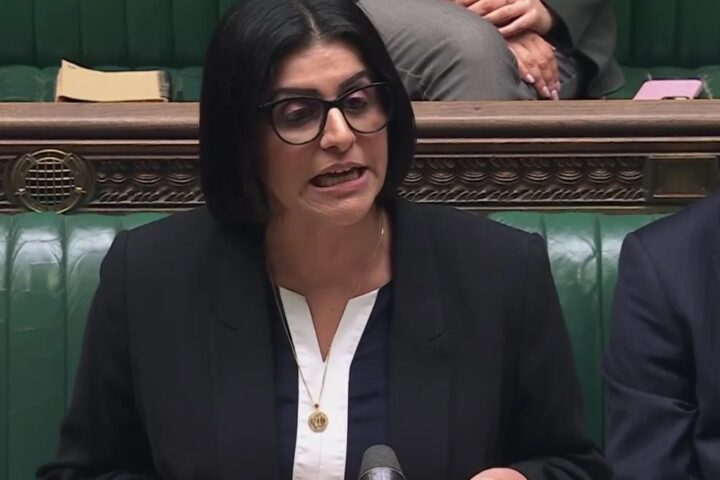Lawmakers from Estonia, Latvia and Lithuania have appealed to the US Congress to maintain full funding for the Baltic Security Initiative (BSI), warning that any reduction would expose NATO’s eastern flank to greater risks. On September 11, Baltic leaders emphasized that a proposed $200 million cut in annual support would be interpreted as a signal of weakness, one that the Kremlin could exploit to intensify military pressure in the region. Their joint appeal stressed that, “If America leaves, Russia comes,” underlining the stakes for Washington’s credibility as a guarantor of European security.
Security implications for NATO’s eastern flank
For the Baltic states, which have cut ties with Russian energy and committed resources to their own defense while backing Ukraine, the survival of the BSI is seen as critical to deterrence. Without sustained US support, they argue, Russia could expand its military presence in Kaliningrad and escalate hybrid threats, from cyberattacks to disinformation campaigns. Such developments would not only undermine Baltic resilience but also challenge Washington’s ability to shape the security environment in Europe. The lawmakers’ message reflects growing concern that any step back from US commitments would embolden Moscow to test NATO’s unity.
Risks of strategic miscalculation
Analysts note that weakening American support would send a broader signal of transatlantic disunity. For Russia, this could open space for bolder military maneuvers and destabilizing operations against allies. For Washington, it could mean diminished trust from partners who depend on its security guarantees. Over time, re-establishing deterrence after such a retreat would likely demand far higher resources than sustaining the current investment. Short-term savings, Baltic officials warn, could translate into long-term losses—both economic and strategic—for the United States.
Economic and political dimensions
The debate over the BSI extends beyond regional security to include US domestic interests. Every dollar invested in the program not only strengthens European stability but also supports the American defense industry. A funding cut would therefore weaken both NATO cohesion and the economic foundations of US military strength. At the same time, it would give Russian propaganda an opening to portray Washington as unreliable, eroding its influence in one of Europe’s most vulnerable regions.















